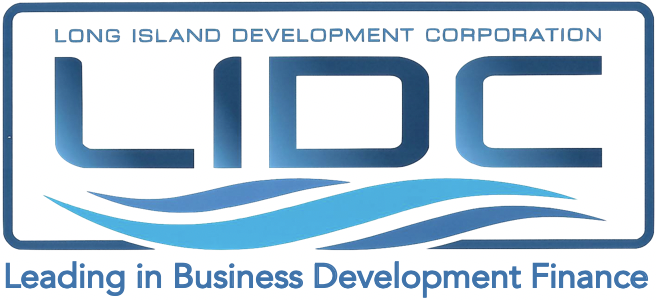|
Where to Find Financing for Your BioTech/Health/LifeSciences Project November 1, 2016 Access to capital is one of the greatest challenge for businesses. Whether the business manufactures basic aircraft parts or is engaged in sophisticated bio technology research, the issue of funding is paramount from beginning to end of a business’ life cycle. The best business plans provide for potential sources of funding at each stage and alternatives if choice one doesn’t materialize as expected. For the emerging technologies of today’s environment-bio technology, health and life sciences related businesses- there are traditional, conventional funding sources as well as alternative sources. The alternative sources have entered the market because of the potential “upside financial returns” in these fields.
Financing sources will vary with the company’s age, performance and potential. Clearly, start up or early stage companies will have a tough time finding suitable financing. Likewise, existing companies with a terrible track record (losses or minimal returns, products or services which quickly become extinct) will not find it easy to access capital. However, even growing companies with solid profits, increasing market share and innovative practices can be challenged when it comes to financing solutions.
On the more mundane side- existing companies with consistent profits can turn to their banks, credit unions and other conventional resources for lines of credit, term loans, etc. For those whose lenders need a bit of convincing, the SBA (US Small Business Administration) 7A loan program (which guarantees part of the conventional lender’s loan to the business) can be a good fix.
When it comes to early stage companies or existing companies who plan a major expansion or expansion into a new field, the most common source of financing is some sort of “venture capital”- equity and/or debt. The SBA has an SBIC program (small business investment companies) – a network of firms providing venture capital.
There are other sources of debt/equity capital:
-look at some of the major bio tech, pharmaceutical companies like Unum. Alexion Pharmaceutical, Celgene, Amgen, United Therapeutics, Actelion. Many of these major companies with revenues in excess of $500 million, in the US and abroad, will provide funding for unique bio tech, health, life sciences projects which can enhance their product lines. One just has to look at the NASDAQ biotech index companies to find a plethora of potential funding sources. And lets not forget grants for academic collaboration with industry to facilitate invention and commercialization. Grants such as the SBIR’s (small business innovation research grants) are available from a host of federal agencies and others- ie. National Institutes of Health. Many academic institutions have formed affiliated entities to fund such initiatives- ie. the collaboration known as Emtech Bio formed by Emory and Georgia Tech. And, closer to home, there are numerous examples of collaborations formed by SUNY Stonybrook, Cold Spring Harbor Labs etc. in the bio tech/health/life sciences fields. Another source of funding can be the initiatives created by some of the major accounting firms – no longer just accountants. The former Ernst & Young (now ey.com) has a list of global bio technology contacts to provide funding or pathways to funding for the right projects. Of course, for the right companies IPO’s are an appropriate source of funding for major projects.
Clearly, simple debt financing requires demonstrated ability to repay the debt in a timely basis. For early stage companies and even for mature companies looking to fund expansive projects, that demonstration can be problematic. That is where the venture and other capital investments come in. And, with investment for major risk (and potentially major returns), can come the need to joint venture, give away company equity, etc. In order to obtain financing for that bio tech/health/life science project, the entrepreneur must be prepared to potentially give up part of the company ownership and/or control in order to enable the project financing. If an entrepreneur is realistic and willing to take those steps, the financial doors are open.
BACK |

|

|
Business Loans and
Saturday, July 27, 2024 |
|
Long Island Development Corporation Corporate Office: 175 Engineers Road Suite 200 Hauppauge, New York 11788 Tel: 1-516-433-5000 Fax: 1-516-433-5046 Email: info@lidc.org |
   
|
|
| Long Island Development Corporation |
Tel: 1-516-433-5000 Fax: 1-516-433-5046 175 Engineers Road, Suite 200 · Hauppauge · Long Island · New York 11788 |
|
(C) Copyright 2009 - All Rights Reserved Hosting & Maintenance Provided by Connetrix Site Map | Privacy www510 |